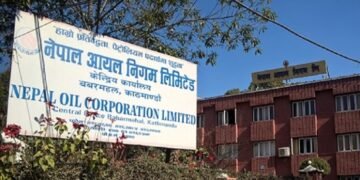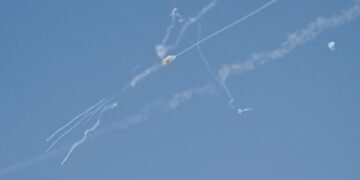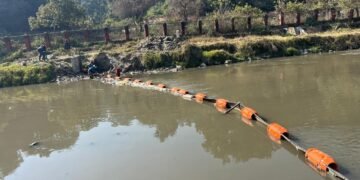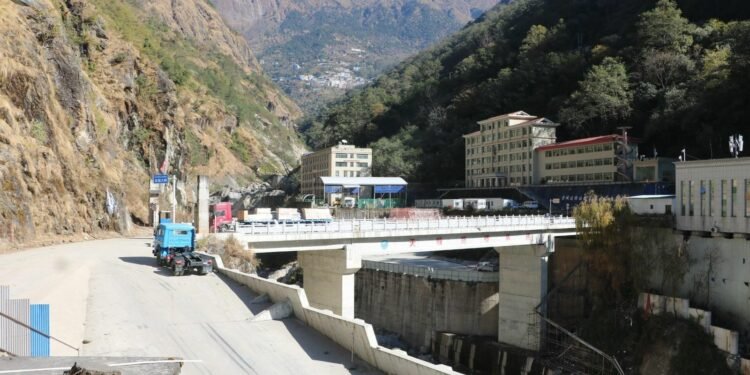Nepali is just a month away from its main annual celebration of “Dashain” and Nepali people are all set to commemorate their annual ritual. The wait is even more desperate as Nepali are marking their annual celebration after two years of COVID lockdown.
But the landlocked nation has been recently betrayed by its northern neighbour, on the pretext of Dashain, Nepal- China border being closed. And Nepali merchants are exporting supplies from seaways, this is going to add cost and hassle and make the “Dashain” celebration more costly.
The checkpoint, which was closed after the earthquake in 2015, was tentatively operational since 2019. However, in the same year, due to the corona epidemic in China, the border was closed again in January and has been partially operational since then. The Nepal-China trade border has been closed since the first week of this August. China has closed both the border crossings to Nepal saying that there is an infection of the coronavirus in Tibet. China has closed Tatopani and Kerung crossings and the closure of this border has resulted in several afflictions for the entire Nepali people. Along with this, about 100 containers coming to Nepal from China via Tatopani and Kerung have been stopped on the way. Before Dasain and Tihar, when the containers travelling to Nepal were stopped, the festival goods imported by Nepali traders were stopped in Chinese land.
Along with this, Nepali traders have started importing goods through the sea route as an alternative to the Chinese border. Bachu Paudel, president of Nepal Cross-border Trade Association, said that traders are importing Chinese goods through the sea route for Dasain. He said that after the closure of road routes to China, the sea route is being used as an alternative.
Businessmen say that importing goods by sea means more cost and time. Goods can be imported from Tatopani and Kerung crossings in 15 to 20 days. However, it takes at least 2 months to import goods from China by sea. Similarly, according to businessmen, there is a difference of up to 20 per cent even in import expenses.
Fuel supply will remain uninterrupted during election period too, NOC says
Kathmandu, March 3: The Nepal Oil Corporation (NOC) has urged the general public not to store petroleum products unnecessarily stating...
Read more


















